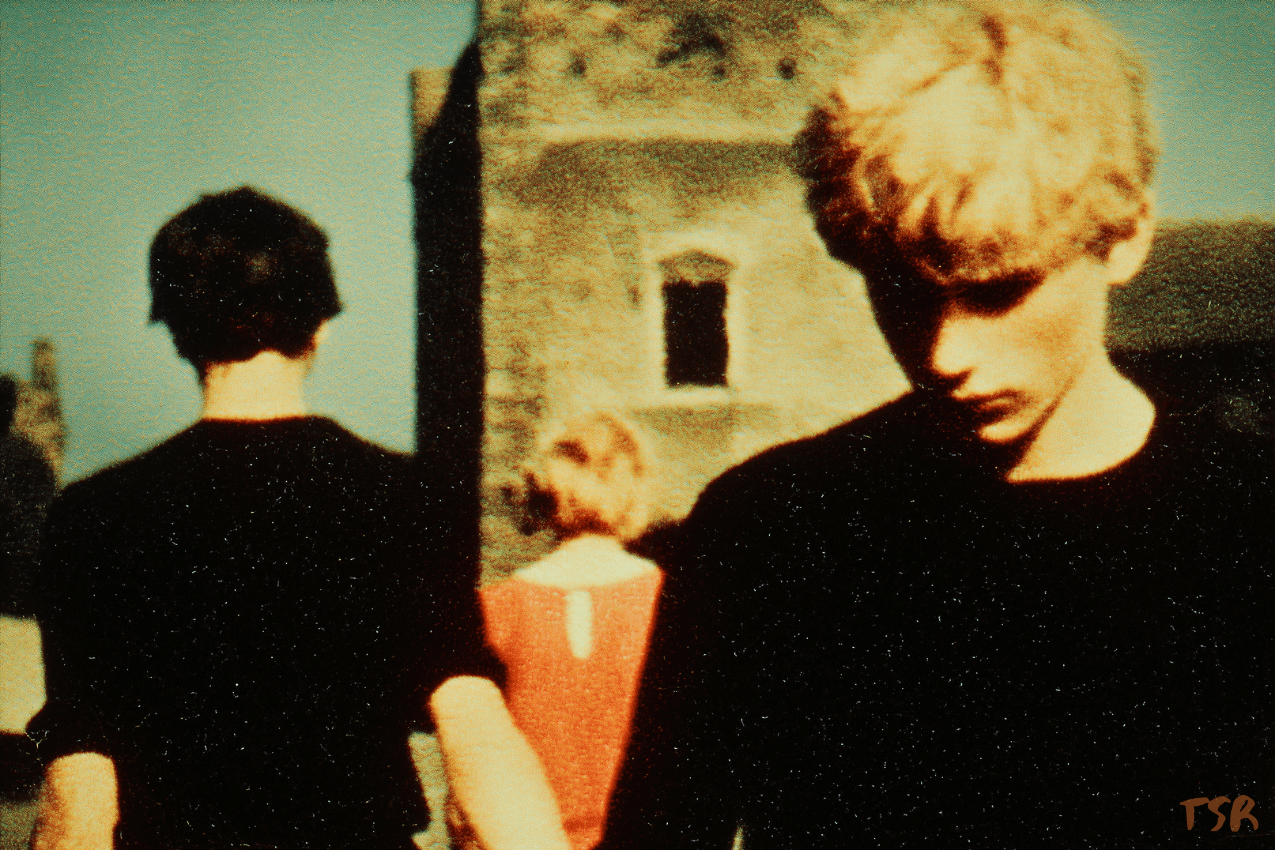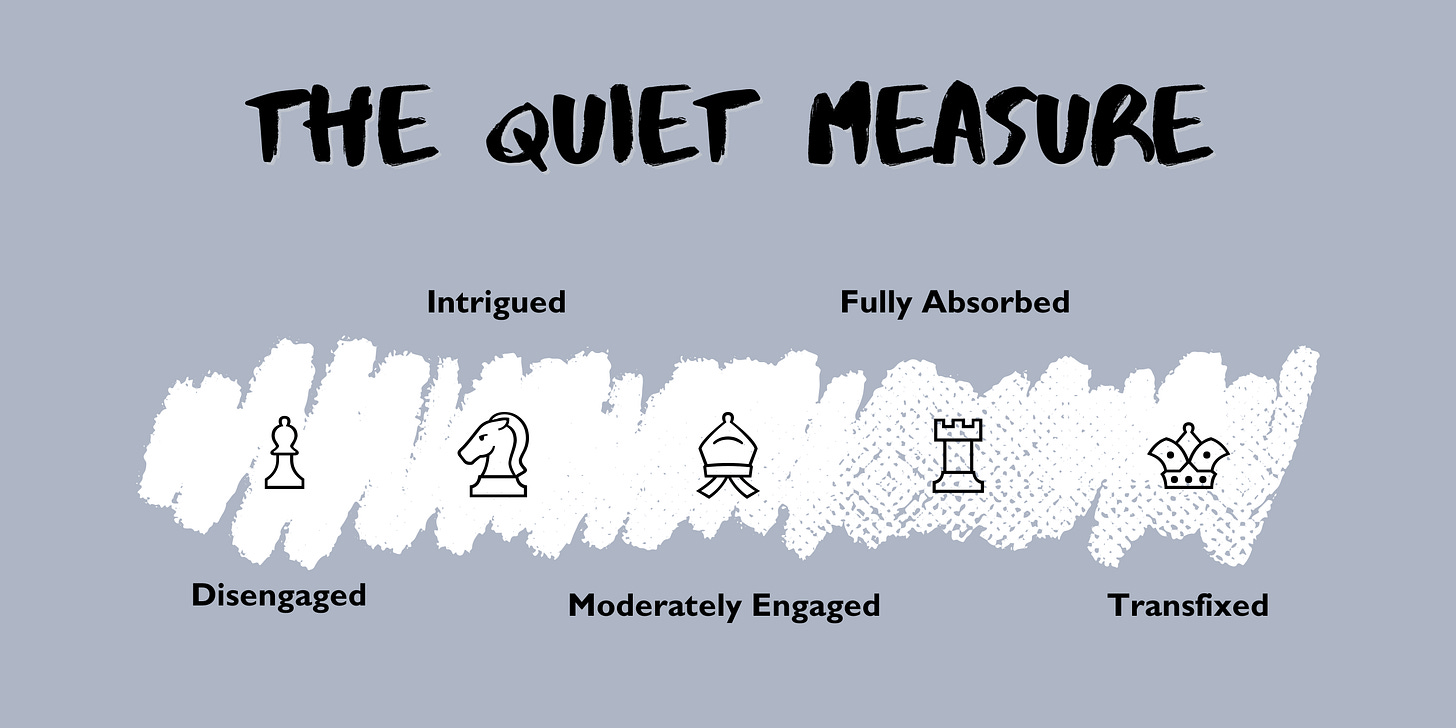Review: 'Jean' by Madeleine Dunnigan
A sensory study in rage, longing, and the peril of being seen too closely
Jean is a world unto itself: both uncanny and naturalistic, it blurs the line between impression and actuality.
Set in the late 1970s, the story follows teenage Jean—tall, lanky, and beautiful—as he struggles to make sense of a painful past, the sting of present lust, and intangible dreams of the future.
His movements are propelled by a rage that slips free of thought. It drives his body into collisions that sustain the hierarchy of the boarding school he’s eager to leave behind, preferably with the charismatic yet elusive Tom by his side.
Jean’s unique offering is apparent early on, when dialogue—free of punctuation marks or line breaks—melts into interiority, blending communication with motion, and the voiced with the unspoken.
This porousness ties into the Buddhist ideas that surface through Jean’s psyche, straining against the paradox of being alongside Tom. He is everything and nothing, sometimes all at once. In his own body and in Tom’s. Tasting his own desire while acting on Tom’s.
Like its protagonist, the novel operates at a slight tilt, through an out-of-focus lens: beauty arrives as imperfection, comfort as transgression, affection as discomfort, and adoration as scorn.
This dislocation unsettles the reality we try to build around Jean, sometimes in spite of him. Is his perception projection, or genuine observation? Does Tom feel the same, at the same moment as Jean, or is it all confined to the body?
It’s a question that lingers as the narrative advances in short, staccato bursts that somehow remain fluid.
Beneath this rhythmic progression, the story’s fabric is stitched in elaborate arrangements of cause and effect, never revealing itself all at once but consuming its own seams in recursive motion.
The result elicits both thrill and nausea, a kind of somatic response to the blanks that color in an incomplete world. Inevitably, they make us active participants in distorting reality.
As we sense Jean’s oncoming anguish, the mind mollifies itself, bumbling through a maze of its own projections. This signals Dunnigan’s teasing deftness, a physical precision in her prose that interacts directly with the reader’s body.
Through the pacing, we feel how the past clings, how memory clots, and how discomfort becomes a texture that undoes touch.
At its core, Jean presents a richly sensory experience. We contend with the density of scent, taste, and texture, the disorienting juxtaposition of recoil and ardor.
Passion burns with an unnerving recognition of what gives rise to it: the stale warmth of the genitals, the sour scent of a day’s excitement fading into exertion.
There’s also a tantalizing refusal to let the mind drift. Awareness returns in pinpricks to the pulse of the moment. Time and again, the narrative whets time into shards of an inescapable present.
In many respects, Jean recalls Golding’s Lord of the Flies (1954): boys thrust toward manhood through acts that slip past civility, steeped in the cruelty of youth.
Here, the line between boy and man spasms, pleasure teeters between fixation and disgust, and volatility remains caged within an academic microcosm of disdain. Maybe that’s why Jean’s eventual surrender to the sore subjectivity of life feels so complete.
As our empathy-inducing protagonist trips over the walls of his own making, we sense how second-guessing actions is an act of living more truthfully—pushing back against the fallacy of shared experience—even as it makes unreliable narrators of us all.
In the end, Dunnigan’s work is a deeply psychological offering: a somatic ordeal, a pill of disillusionment and dispossessed innocence swallowed drily through clenched teeth. It’s unforgettable precisely because it resists being fully known.
An advance copy was provided by W. W. Norton & Company.
Path of Engagement
♞♝♜♛♛
Genres
General Fiction (Adult)
LGBTQ+
New Adult
Publication Date
January 13, 2026



